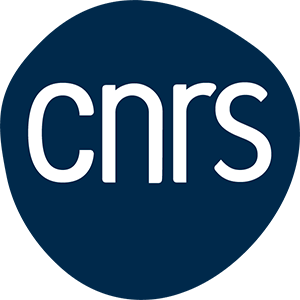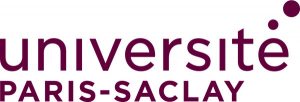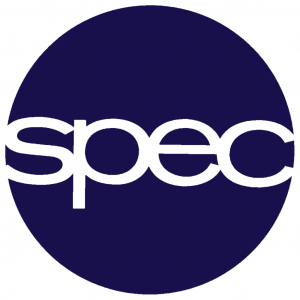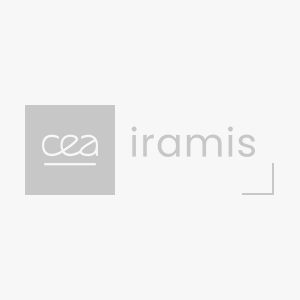Modelling spin-orbitronics effects in chiral systems
Disponibilité du poste
02/2026
Durée du contrat
12 mois
Description de l’offre
Spin-orbitronics is a major field at the intersection of applied and fundamental physics, bridging diverse materials, magnetic systems, and innovative devices and making use not only of electron spin but also of its orbital degree of freedom and corresponding currents. Chirality-induced spin selectivity (CISS), discovered a quarter-century ago, is an effect where the chirality of a chemical compound directly influences the spin of transmitted or emitted electrons.
This project seeks to deepen our understanding of the interplay between spin and orbital degrees of freedom and their relationship with chirality. Our recent work has revealed that chiral molecules could function as orbital filters, giving rise to a novel effect we term chirality-induced orbital selectivity (CIOS). Building on this discovery, we hypothesize that CIOS, when combined with spin-orbit coupling (SOC), could significantly enhance the CISS effect. To explore this hypothesis, we will systematically investigate a range of systems where chirality—and particularly helicity—plays a pivotal role, aiming to uncover new insights and potential applications at the frontier of spin-orbitronics.
The project involves systematic electronic structure calculations via DFT codes, in combination with transport properties via different approaches (NEGF, wave-packet evolution, and linear response analysis ..). The system will in general be chiral molecules in contact with metallic electrodes. In particular, the formation of helical orbitals in such molecular junctions and the role of associated orbital currents (due to CIOS effect) as a driving force of spin-polarized transport will be addressed in detail.
Localisation du poste
Site
CEA Saclay, Orme des Merisiers
Critères candidat
Profil du candidat
Skill requirements:
Applicants should hold a Ph.D degree in Solid State Physics or Materials Science or a closely related discipline, with expertise/experience in simulations of magnetic systems and good skills in programming (e.g. FORTRAN, C, python, etc.). An experience with Quantum ESPRESSO and Tight binding/Wannier modelling is considered a plus. Established authorship and innovation record, such as peer-reviewed scholarly articles, patents, or technical books is desirable. Track record of successful execution of research-and-development projects, including project planning, defining milestones, and delivering results on time is expected. Excellent written and verbal communication skills are mandatory. Applicants should provide a detailed CV, a list of publications and at least two reference letters.
Langues
English
Formation requise
Bac+5 (Diplôme d’École d’Ingénieurs ou équivalent) ou Doctorat en physique




